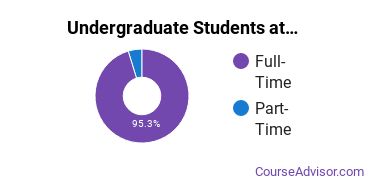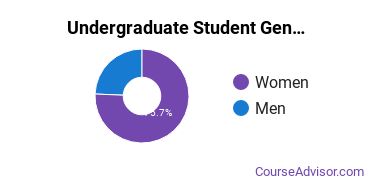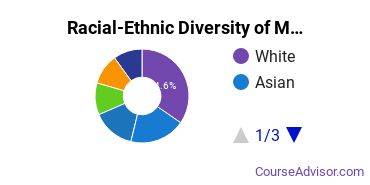Massachusetts College of Pharmacy and Health Sciences Overview
Located in Boston, Massachusetts, Massachusetts College of Pharmacy and Health Sciences is a private not-for-profit institution. The location of the school is great for students who enjoy the amenities of city life.
What Is Massachusetts College of Pharmacy and Health Sciences Known For?
- MCPHS University has an impressive student to faculty ratio of 10 to 1.
- The doctor's degree is the highest award offered at MCPHS University.
- In a recent academic period29% of the faculty were full-time.
- A student who earns a bachelor's degree from MCPHS University makes roughly $125,557 a year. This is 208% more than their peers from other colleges and universities.
- On average, it takes about 4.2 years for students from MCPHS University to earn a bachelor's degree. This is excellent when compared to the average of 4.4 years.
Where Is Massachusetts College of Pharmacy and Health Sciences?

Contact details for MCPHS University are given below.
| Contact Details | |
|---|---|
| Address: | 179 Longwood Ave, Boston, MA 02115-5896 |
| Phone: | 617-732-2800 |
| Website: | www.mcphs.edu |
How Do I Get Into MCPHS University?
You can apply to MCPHS University online at: www.mcphs.edu/apply
Admission Requirements for MCPHS University
| Submission | Required? |
|---|---|
| High School GPA | 1 |
| High School Rank | 3 |
| High School Transcript | 1 |
| College Prep Program | 1 |
| Recommendations | 1 |
| SAT or ACT Scores | 5 |
| TOEFL | 1 |
How Hard Is It To Get Into MCPHS University?
Approximately 19% of accepted students are men and 81% are women. The acceptance rate for men is 84%, and the acceptance rate for women is 89%.
Average Test Scores
About 14% of students accepted to MCPHS University submitted their SAT scores. When looking at the 25th through the 75th percentile, SAT Evidence-Based Reading and Writing scores ranged between 530 and 660. Math scores were between 560 and 710.
Can I Afford Massachusetts College of Pharmacy and Health Sciences?
The net price is calculated by adding tuition, room, board and other costs and subtracting financial aid.
Student Loan Debt
It's not uncommon for college students to take out loans to pay for school. In fact, almost 66% of students nationwide depend at least partially on loans. At MCPHS University, approximately 74% of students took out student loans averaging $14,362 a year. That adds up to $57,448 over four years for those students.
Explore Best Ranked Schools for You
Massachusetts College of Pharmacy and Health Sciences Undergraduate Student Diversity

There are also 3,531 graduate students at the school.
Gender Diversity
Of the 3,705 full-time undergraduates at MCPHS University, 26% are male and 74% are female.

Racial-Ethnic Diversity
The racial-ethnic breakdown of Massachusetts College of Pharmacy and Health Sciences students is as follows.

| Race/Ethnicity | Number of Grads |
|---|---|
| Asian | 709 |
| Black or African American | 384 |
| Hispanic or Latino | 331 |
| White | 1,306 |
| International Students | 582 |
| Other Races/Ethnicities | 393 |
Geographic Diversity
Massachusetts students aren't the only ones who study at Massachusetts College of Pharmacy and Health Sciences. At this time, 23 states are represented by the student population at the school.
Over 67 countries are represented at MCPHS University. The most popular countries sending students to the school are South Korea, Saudi Arabia, and Canada.
Massachusetts College of Pharmacy and Health Sciences Undergraduate Concentrations
The table below shows the number of awards for each concentration.
References
*The racial-ethnic minorities count is calculated by taking the total number of students and subtracting white students, international students, and students whose race/ethnicity was unknown. This number is then divided by the total number of students at the school to obtain the racial-ethnic minorities percentage.
- College Factual
- National Center for Education Statistics
- Image Credit: By Daderot under License
More about our data sources and methodologies.
